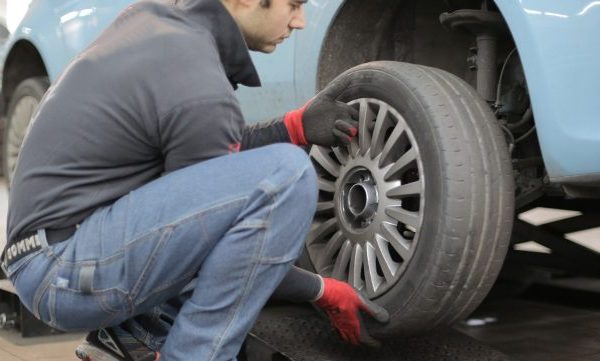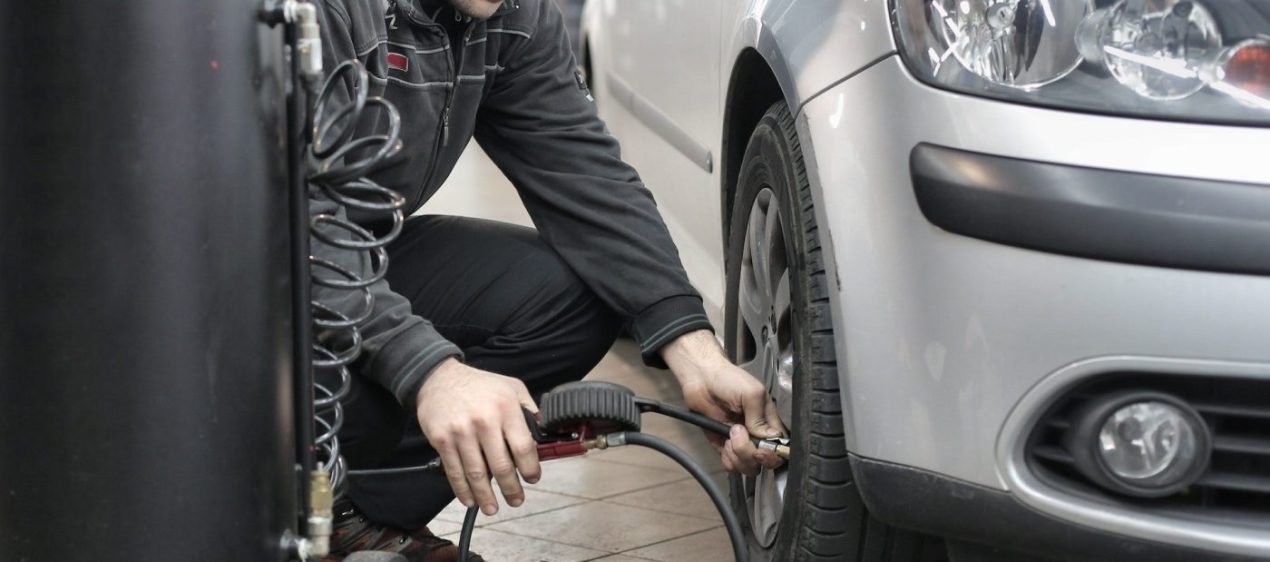You probably know that keeping your car’s tires properly inflated is a great way to improve fuel efficiency and reduce the risk of a blowout. But you might be wondering why this is the case.
If you’ve ever had a flat tire, you probably know that under-inflated tires will lead to overheating and can even lead to more serious problems like blowouts or cracked rims. That’s because under-inflated tires have a lot of friction, which requires more power from your engine to get rolling.

There are many different reasons why keeping your car’s tires properly inflated will help improve its fuel efficiency. Let’s take a deeper look at why this is the case!
Your tire pressure will lower your gas mileage

Improper tire pressure can have a dramatic effect on gas mileage. When tires are under-inflated, they create more resistance when rolling, causing the engine to work harder to move the vehicle.
This means that the vehicle is using more fuel to move the same distance, leading to lower gas mileage. On the other hand, over-inflated tires can be just as damaging. They can cause the tire to bounce and skip on the road, leading to an uneven ride.
Uneven tire pressure will give a bumpier ride
This uneven ride can cause the engine to work harder, again leading to lower gas mileage. Additionally, over-inflated tires tend to wear out faster than properly inflated tires, leading to more frequent tire replacements that can also lead to lower gas mileage. Properly inflated tires can help to maximize fuel economy and ensure a safer, smoother ride.



